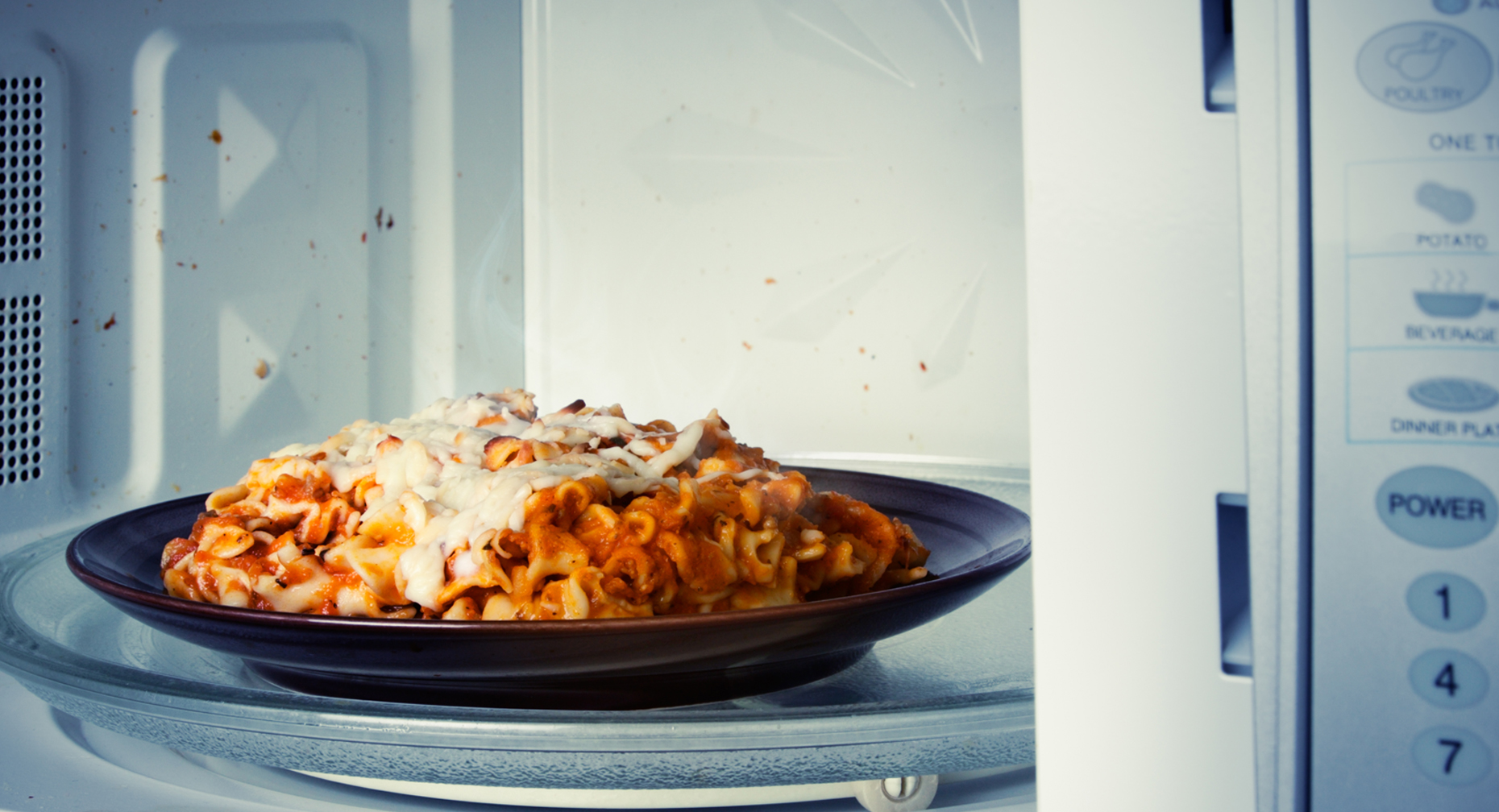What's Leftover Lasagna Got to Do with Colon Cancer?

Find Your Perfect Match
Answer a few questions and we'll provide you with a list of primary care providers that best fit your needs.
Since March is Colon Cancer Awareness Month, Premier Health Now reminds you that if you’re due for a colon cancer screening, now’s a perfect time to get it scheduled. Two reasons, according to the Centers for Disease Control and Prevention:
- Of cancers that affect both men and women, colorectal (colon) cancer is the second leading cause of cancer-related deaths in the U.S.
- A screening test can find polyps (abnormal clumps of cells) before they turn into cancer.
Not convinced you need one?
Think of polyps as you would leftovers that got shoved to the back of your fridge. Mold grows on that lonely piece of lasagna without any warning. You won’t be pinged that something back there needs your attention.
It’s the same with polyps. They can grow in your colon for years without any symptoms. But out-of-sight shouldn’t mean out-of-mind. Polyps may become cancerous, which is why a screening test is the key to preventing colorectal cancer.
The most common screening is a colonoscopy. While you’re sedated, a thin, flexible, lighted tube with a tiny video camera is placed into your rectum and colon. Careful preparation with laxatives and liquids are necessary the day prior to be sure your colon is empty and to provide your doctor the clearest view.
Not all polyps signal colon cancer, says Fayez Abboud, MD, board-certified gastroenterologist with Premier Gastroenterology Associates. “Anyone can develop colon polyps, but people with a previous history of colon polyps — or those with a family history of colon polyps or colon cancers — are more prone to develop them,” he says. “You can have colon polyps and not know it, because they usually don’t cause symptoms.”
Schedule your first screening at age 50. Based on the results, your physician will tell you when to schedule your next screening. If you know that polyps run in your family, talk with your doctor about being screened at an earlier age.
Colon cancer can happen to anyone. If you’re due for a screening, schedule yours now. And while you’re at it, check the back of your fridge!
Find Your Perfect Match
Answer a few questions and we'll provide you with a list of primary care providers that best fit your needs.
Source: Fayez Abboud, MD, Premier Gastroenterology Specialists; Centers for Disease Control and Prevention





